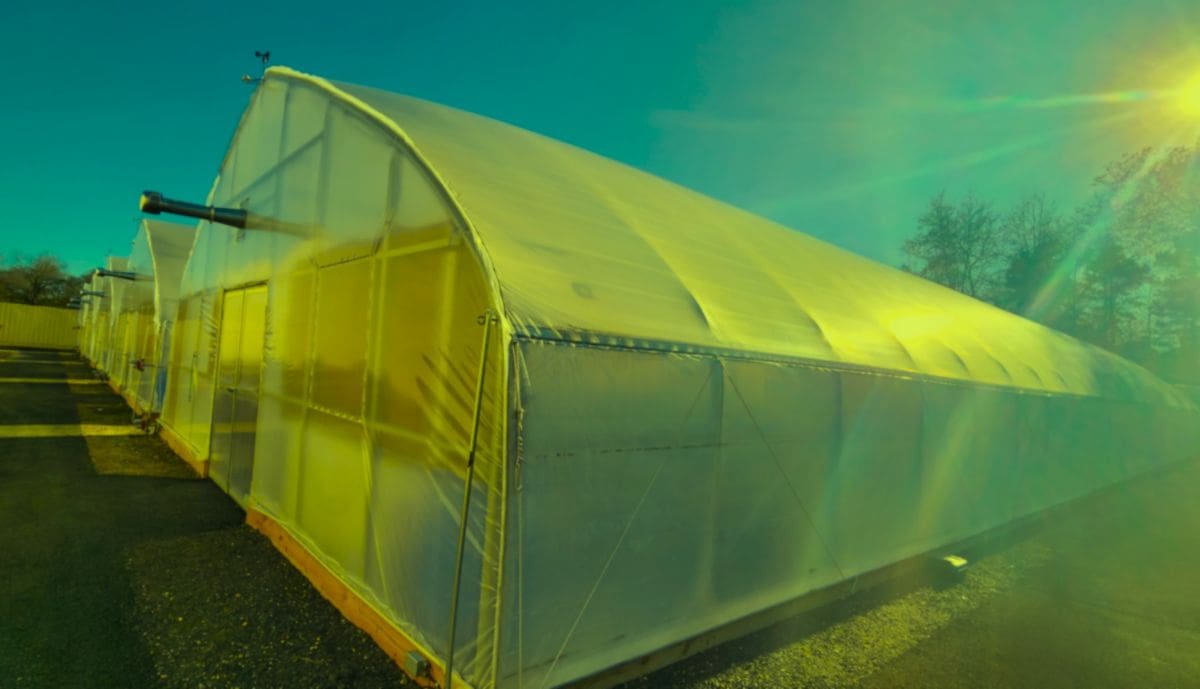[[{“value”:”
New Jersey has experienced a significant transformation in its cannabis cultivation since legalizing adult-use consumption and sales in 2021.
What was once an underground industry has emerged as a legitimate business sector. It’s generating substantial revenue, creating jobs, and revitalizing communities across the Garden State. This evolution is more than just a policy shift. It’s a complex economic phenomenon with far-reaching implications for state revenue, employment opportunities, and local economies.
*New Jersey’s cannabis market has demonstrated remarkable growth since the implementation of legalization measures. In the first year of legal adult-use sales alone, the state reported over $116 million in cannabis revenue, significantly exceeding initial projections.
The cultivation sector forms the foundation of this expanding industry, with licensed growers establishing operations ranging from boutique craft facilities to large-scale commercial production.
The fiscal impact of cannabis cultivation in New Jersey has been substantial, with multiple revenue streams flowing into public coffers.
The state’s tax structure for cannabis includes:
Social Equity Excise Fee (SEEF) on cultivation paid by businesses ($10-60 per ounce, depending on average retail price).
Standard 6.625% sales tax on all cannabis transactions.
The optional municipal tax of 2% on cultivation operations in their jurisdiction.
These revenue sources generated approximately $19.7 million in the first year of adult-use sales, with projections indicating potential annual tax revenue exceeding $300 million as the market matures.
*The allocation of these funds focuses on reinvestment in communities most impacted by cannabis prohibition, substance use treatment programs, and law enforcement training.
Beyond state-level taxation, municipalities that host cultivation facilities experience additional economic benefits. Local governments can negotiate community benefit agreements with cultivators, which often include:
Direct payments to municipal programs
Infrastructure improvements
Support for local nonprofit organizations
Commitments to local hiring practices
Environmental sustainability initiatives
These agreements strengthen the economic value of cultivation operations for host communities, creating tailored benefits beyond standard tax contributions.
Cannabis cultivation has breathed new life into previously underused agricultural spaces throughout New Jersey. Abandoned greenhouses, vacant industrial buildings, and struggling farms have found a new purpose in housing cultivation operations.
Many cultivators have invested in feminized seeds for their operations, which produce predominantly female plants that yield the cannabinoid-rich flowers in the highest demand by processors and consumers.
This cultivation approach maximizes production efficiency and economic returns per square foot of growing space, making it particularly valuable in New Jersey’s limited agricultural landscape, where land costs are high compared to other agricultural states.
The cannabis industry’s impact on commercial real estate has been particularly notable in:
Atlantic County
Cumberland County
Camden County
Warren County
While some communities have expressed concerns about potential negative impacts on residential property values,
data from mature cannabis markets suggests neutral to positive effects when facilities are properly regulated and maintained.
Cannabis cultivation in New Jersey has generated substantial economic activity in adjacent business sectors, especially for specialized equipment suppliers and nutrient manufacturers.
The cultivation sector supplies essential raw materials for New Jersey’s growing cannabis manufacturing segment. Manufacturers transform harvested cannabis into:
Medical products (tinctures, capsules, lozenges)
Adult-use packaged flower
Concentrates and extracts
Edible products
Topical applications
CBD-specific formulations.
This manufacturing activity generates additional economic value through product differentiation and the development of branded goods, which offer higher profit margins than raw agricultural products. The establishment of these processing operations has created specialized manufacturing jobs while generating additional tax revenue.
Despite its substantial positive impacts, cannabis cultivation in New Jersey faces several challenges that affect its economic potential:
Higher energy costs for indoor cultivation
Elevated property costs and limited available agricultural land
Stricter environmental regulations affecting water and waste management
Higher labor costs compared to traditional agricultural states
These factors create economic pressure to maximize efficiency and yield.
The regional cannabis landscape presents additional economic complexities for New Jersey cultivators.
Cannabis cultivation has established itself as a significant economic driver in New Jersey’s evolving agricultural landscape. From job creation and tax revenue to property revitalization and ancillary business development, its impacts extend throughout multiple sectors of the state economy. While challenges remain in this developing industry, the overall economic trajectory appears positive as the sector matures and stabilizes.
“}]] New Jersey has experienced a significant transformation in its cannabis cultivation since legalizing adult-use consumption and sales in 2021. Read More


